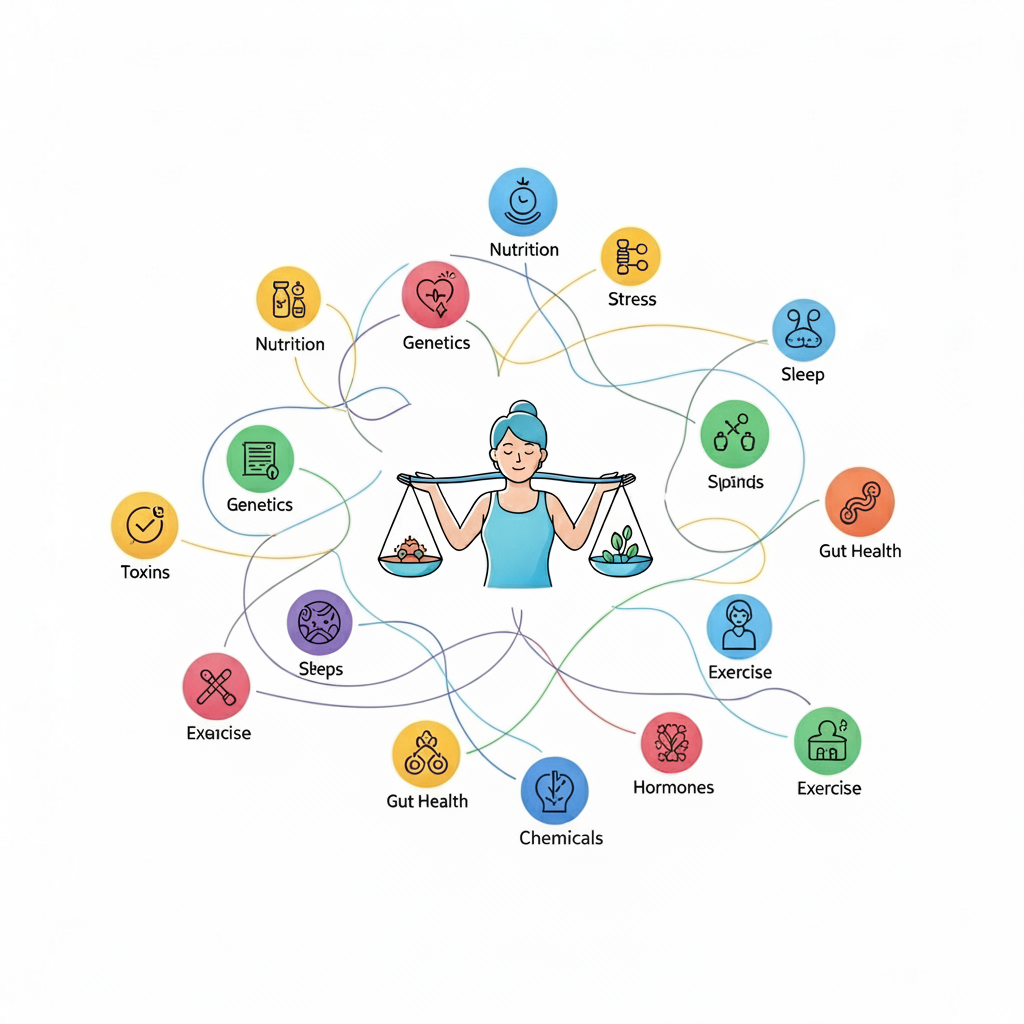Mindful Eating: It's Not Just About What You Eat, But How
A Practical Guide

Have you ever finished a meal and realized you barely remember tasting it? You're not alone. In our busy world, we often eat on the go, in front of screens, or while multitasking, leading to a disconnect between our body and our food. This is where mindful eating comes in.
Mindful eating isn't a diet; it's a practice of paying full attention to your food and your body's signals. It's about savoring each bite, understanding your hunger cues, and enjoying the experience of eating. The benefits go beyond just better digestion—it can also help you develop a healthier relationship with food and feel more satisfied after meals.
Ready to give it a try? Start with these simple steps:
- Slow Down: Put your fork down between bites. This simple act forces you to slow down and really chew your food.
- Engage Your Senses: Before you eat, take a moment to notice the colors, smells, and textures of your meal. How does it feel in your mouth? What flavors do you notice?
- Listen to Your Body: Pay attention to your hunger and fullness cues. Are you eating because you're truly hungry, or out of boredom or stress? Stop when you feel comfortably full, not stuffed.
- Eliminate Distractions: Turn off the TV, put your phone away, and focus solely on your meal.
Mindful eating is a journey, not a destination. Start with one meal a day and notice the difference it makes. You might be surprised by how much more you enjoy your food!







